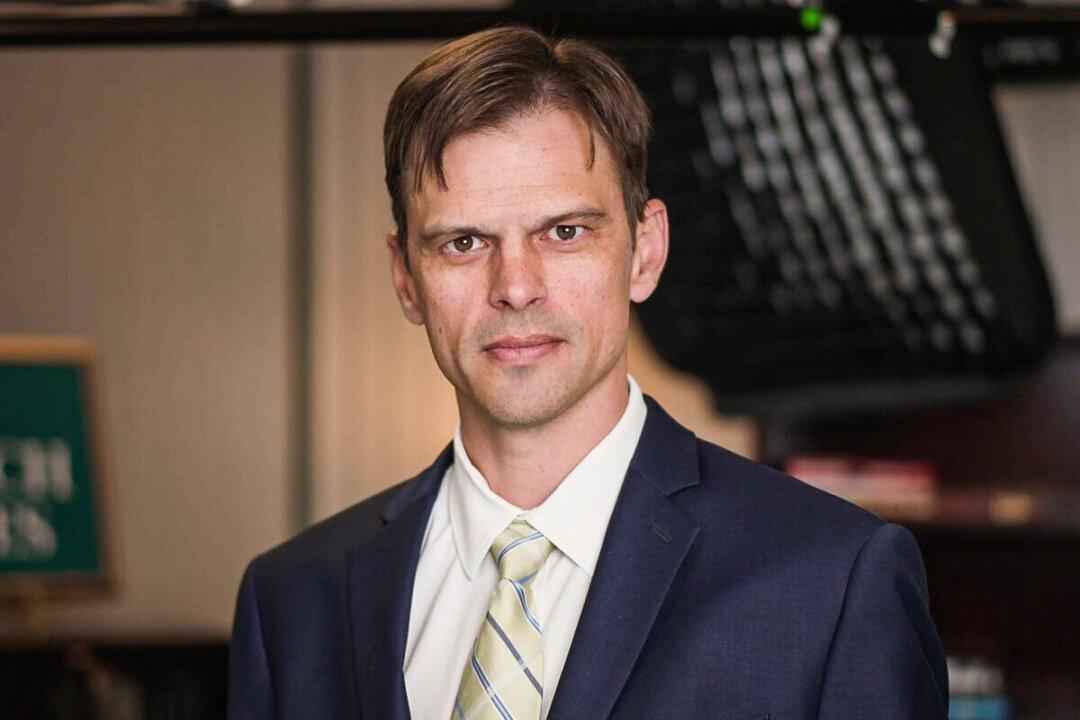Commentary
I was listening last night to The Epoch Times interview by Jan Jekielek of Professor Aaron Kheriaty. It’s striking for the eloquence of both men. More than that, however, I was astonished at the vision of Kheriaty, which seemed so comprehending, integrated, humane, and completely confident.





